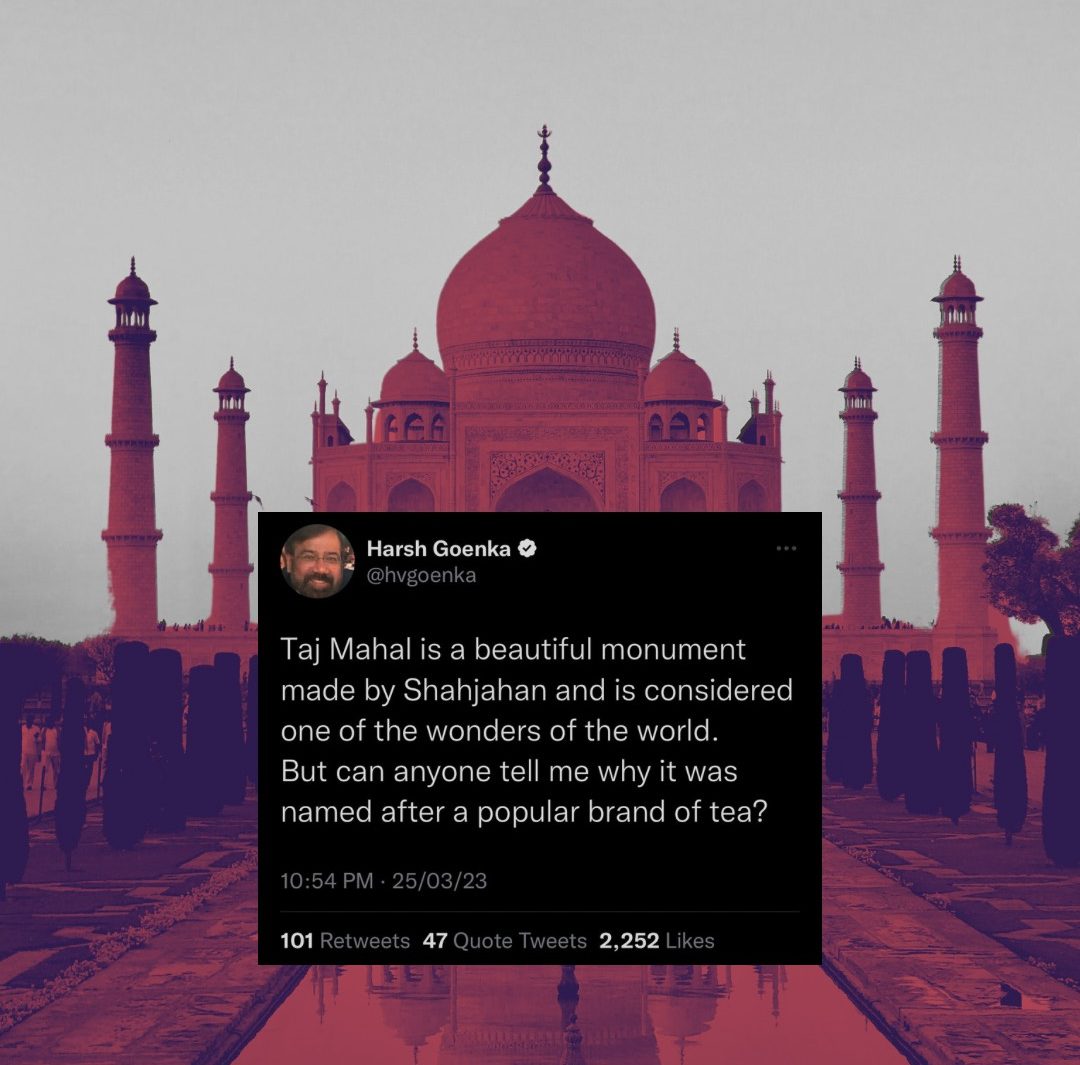The NCERT (National Council of Educational Research and Training) has revised its history textbooks for classes seven to 12 to remove certain important chapters on the Mughal Empire. CBSE (Central Board of Secondary Education) uses NCERT textbooks, along with a few state boards across the country. The council initially made these changes in early 2022. But the controversy has resurfaced after the Uttar Pradesh State Board announced that they will be adopting the revised textbooks.
Over the past few days, the announcement has caused outrage among students, historians and educators. Many believe that such selective alterations have dangerous repercussions. It erases an entire chunk of India’s history that remains important to our culture even today. The Mughal Empire’s legacy and contributions are central to Indian architecture, art, language and society.
If you remove all Mughal history between the 1500s and 1800s, does it mean that those years didn’t happen? How did we jump from 1526 to 1857?
Who defeated Ibrahim Lodi? Was it the British in the First War of Independence, 1857?
Does this mean the Lodis ruled for those 300 years?— ranjona banerji 🇮🇳 (@ranjona) April 4, 2023
“There is a lot to learn from the Mughal Empire in India.” Rinda Edward Dmonte, who teaches history at Kohinoor International School, told Springtide. “It’s not only about learning about their politics, who ruled over us and what they did. What our Indian culture is today is all because of the assimilation of their culture into ours. We live that culture every day, so we cannot say that we don’t want to study this.”
“Accurate and comprehensive information about historical events should be given,” Sunil Karulkar, who teaches history for classes eight through ten, shared. “The Mughal Empire is an important part of India’s history, and students should be given the opportunity to learn about it in depth. However, it is also crucial to ensure that textbooks are not biased and do not propagate any political agenda.”
As per the new syllabus, students will study a little Mughal history in classes seven and eight, but absolutely nothing from classes nine to 11. The class 12 textbook has a shorter version of what was previously studied.
“Eradicating such a huge chunk of information will surely impact the students’ present and future,” Dmonte added. “The competitive exams that they will be appearing for in the future do have questions related to these chapters.”
The NCERT clarified that they rationalised the syllabus to reduce the pressure on students post the COVID-19 pandemic. The council’s chief, Prasad Saklani, said that an expert committee had reviewed the textbooks and ensured that the omitted chapters will not affect the students’ knowledge of the subject.
However, they have erased quite a significant section of Mughal history. Dmonte said, “Instead of removing entire chapters, they could have removed certain things which may not be relevant at this point in time. So teach them themes or subtopics from the Mughal Empire that are relevant to today.”
The pandemic presented a hurdle for both students and teachers, and it does call for educators to rethink their syllabi. However, the council must be careful not to obscure important information while undertaking such a task. History as a subject is tricky in this regard. When one misrepresents the facts, there is ample room for prejudice and propaganda.
“The syllabus should include a wide range of perspectives and comprehensive information so that students can draw conclusions based on it.” Karuklar said. “It should not be limited to the history of a particular region or religion. Also, it should avoid promoting hatred, violence or discrimination against any group or individual.”
India has one of the most diverse and complex histories in the world. Ensuring that students have complete and unbiased knowledge of it is a difficult task to begin with. But any compromise in presenting history factually could result in an entire generation of students with a skewed perspective of the subject, making the NCERT’s revision a dangerous precedent to set.





